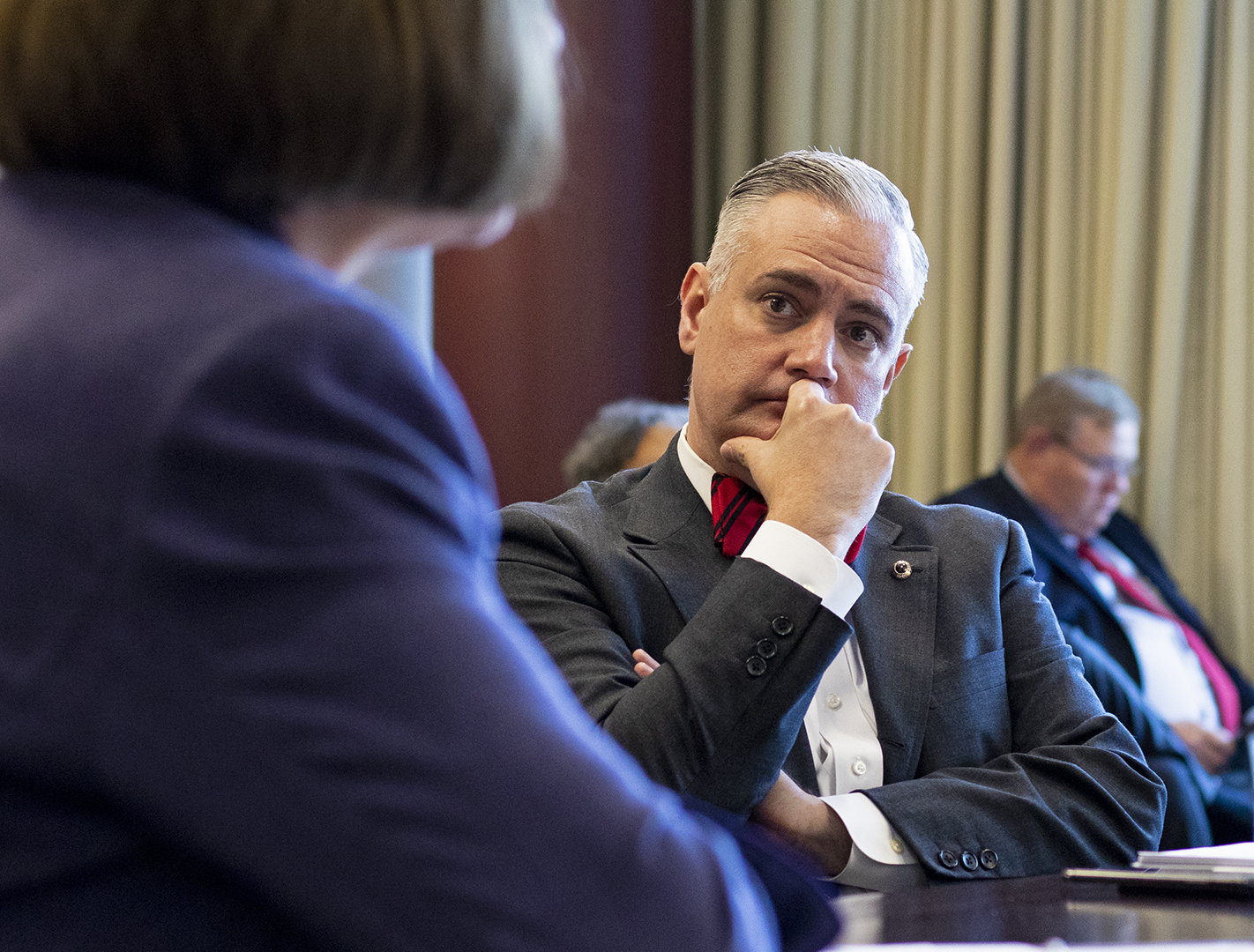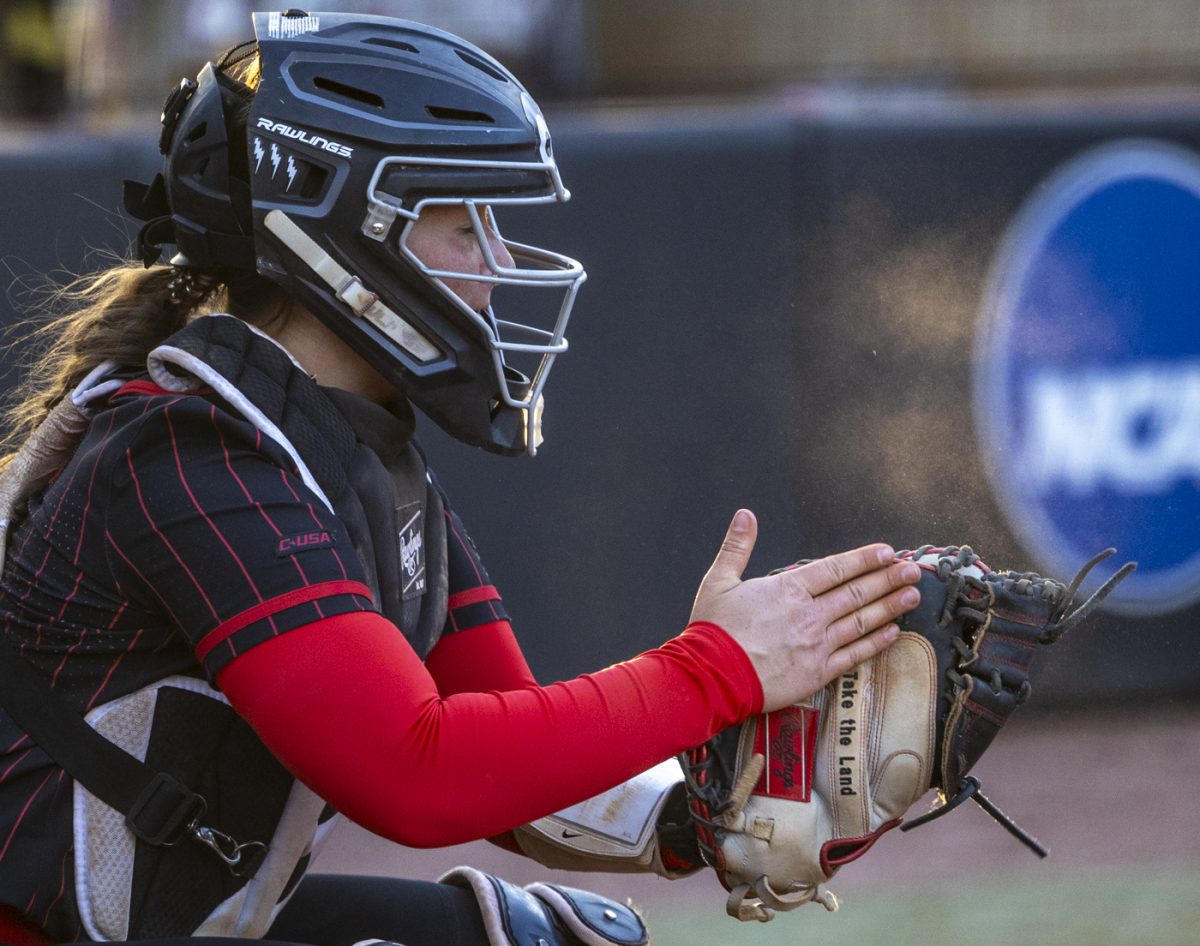WKU’s proposed tuition increase continues decade-long trend
February 12, 2019
WKU’s Board of Regents Finance and Budget Committee approved a 2 percent tuition increase for in-state undergraduate students on Friday, Feb. 8. If the board approves the increase, it will follow more than a decade of tuition increases at WKU.
If approved by the board, undergraduate in-state tuition will increase from $5,301 per semester to $5,401 for 2019-20 and would be the smallest percentage increase since 2008-09. The next Board of Regents meeting will be held on March 1, where the tuition increase will be voted on.
WKU is no stranger to tuition increases for in-state undergraduate students. Since 2000, those tuition rates have increased every year. In 2000, in-state tuition sat at $2,209 per year.
Since 2008, the in-state undergraduate rate will have increased by 55.8 percent, according to WKU’s tuition and fees schedule.
In 2008, the tuition rate was $3,465 per semester for in-state undergraduate students. The rate has mostly increased by between 3 and 4 percent per year since 2008 except for a 5 percent increase in 2010-11 and an increase of about 6.9 percent in 2011-12, according to WKU’s tuition schedule.
The proposed 2 percent increase for 2019-20 is the maximum percentage increase WKU can make to meet new adopted guidelines by the Kentucky Council on Postsecondary Education. WKU and other Kentucky public universities need to increase in-state undergraduate tuition by no more than 6 percent over two years to meet KCPE guidelines. WKU raised its undergraduate in-state tuition rate by 4 percent in 2018-19.
Since 2008, the KCPE’s tuition and fee policy has set caps on tuition increases to keep them under control. College boards then self-select tuition increases that fall under the caps. In determining rates, the KCPE takes several factors into account such as faculty salaries, pensions and benefits, building maintenance and student services, according to KCPE.
State appropriations to WKU’s operating budgets have decreased about 9.5 percent within the past decade. In the 2018-19 operating budget, they made up only 19 percent, or $74.4 million. In 2008-09, state appropriations made up about 25 percent of the budget, or $82.3 million, according to WKU’s 2008-09 executive budget summary.
Although in-state tuition would in- crease in 2019-20 if approved, out-of-state undergraduate tuition would remain at $13,248 and international undergraduate tuition at $13,572. This would be the first year the two rates remained stagnant since 2008, according to WKU’s tuition schedule.
Ann Mead, senior vice president for finance and administration, addressed the reason for the out-of-state and international tuition rates remaining the same.
“A lot of these rates are being frozen for one year to allow us to build different marketing strategies and determine over the next six months what should be our pricing strategy and how do we use our scholarships effectively,” Mead said.
The out-of-state undergraduate tuition rate has increased by 55 percent since 2008. The largest percent changes included 5.9 percent in 2010-11 and 2013-14 and 6 percent in 2011-12.
Since 2013, the international undergraduate tuition rate has increased by about 18.5 percent. The largest percent changes included 4.8 percent in 2014-15 and 3.7 percent in 2018-19, according to WKU’s tuition schedule.
Tuition for out-of-state graduate students would increase domestically per credit hour from $899 to $917 and decrease internationally per credit hour from $962 to $953. WKU On Demand rates per credit hour would also increase for undergraduates from $442 to $450 and graduates from $607 to $707.
Many graduate and professional programs would remain at the 2018-19 rates to remain price competitive in the respective programs, according to finance committee documents.
Nicole Ziege can be reached at 270-745-6011 and nicole.ziege825@topper.wku.edu. Follow Nicole Ziege on Twitter at @NicoleZiege.













